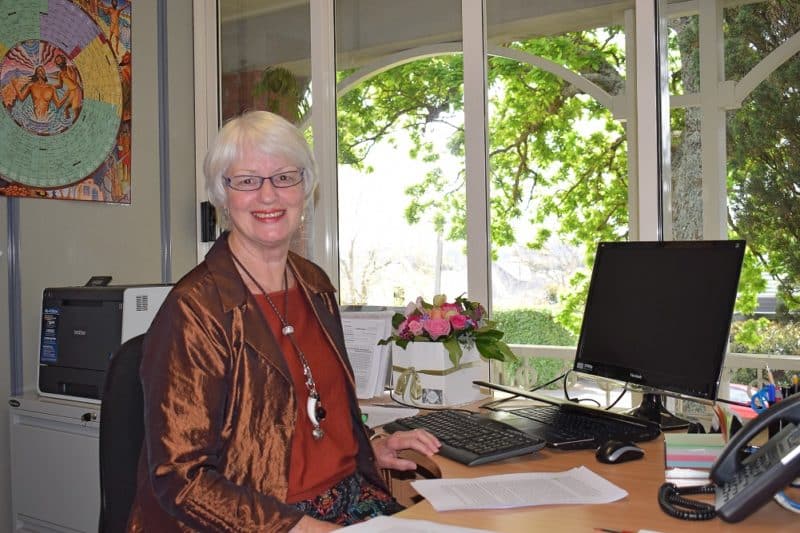The New Zealand Catholic Bishops Conference is reviewing the possibility of restructuring the National Liturgy Office.
NZCBC president Bishop Patrick Dunn said the bishops are finding it hard to find a right candidate to fill the position of director vacated by Louise Campbell in October, 2018.
“We realised that we actually need to train up people in liturgy,” Bishop Dunn said, noting that most of the Church’s important liturgy advisers are getting on in years.
While there are many people who would like to work for the Church, the office needs a director who has a deep understanding of liturgy, he said.
Bishop Dunn noted that there is a graduate certificate in Theology (Liturgy) being offered by the Australian Catholic University.
The National Liturgy Office was created in 2009, replacing the National Liturgy Commission that was dissolved when the bishops’ conference itself was restructured.
Then-Fr Trevor Murray was the first director of the office. He left in 2012 after completing all the liturgical tasks related to the Missal translation. He also worked with a translation team for the Maori text of the new Missal. (He received the title “Monsignor” in 2013).
Mrs Campbell succeeded him in the role, liaising with the Maori translation team working on the rituals of the Missal from original texts. She was also helping the bishops to review a new translation of the Order of Christian Marriage before she retired.
Bishop Dunn expressed appreciation for the work of Mrs Campbell. “She just had a great feel for liturgy,” he said.

Emphasis should be on children’s liturgies, and more of these, with parents in attendance.
Given that many are not exposed to traditional miraculous events of the past, Eucharistic miracles, apparitions,
permanent miracles such as Guadalupe, La Lajas, Loreto, or the real presence, hymns have lost much of their original strength that encouraged the belief in the supernatural.
This translates into a win for Secular Humanism and a loss of the Christocentric, while TV steadily removes a sense of shame.
If society is going to survive and not repeat the history of Afghanistan (once Buddhist), Malaysia, Pakistan (once Hindu),
Iraq, North Africa, Turkey (once Christian), then greater effort must be made to induce a prayerful reverence towards the Eucharist.